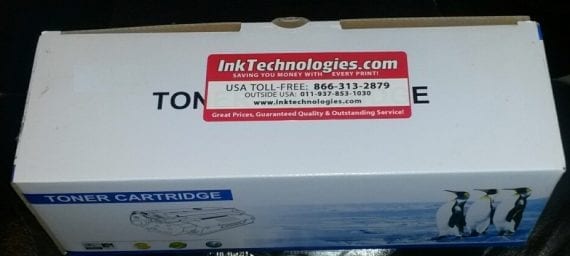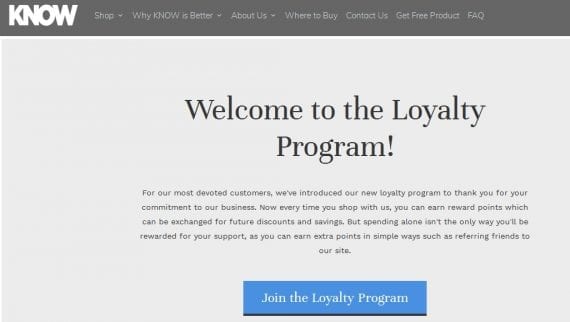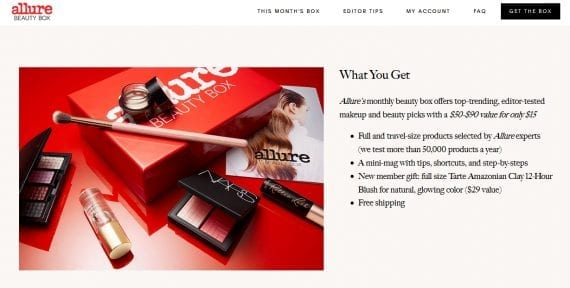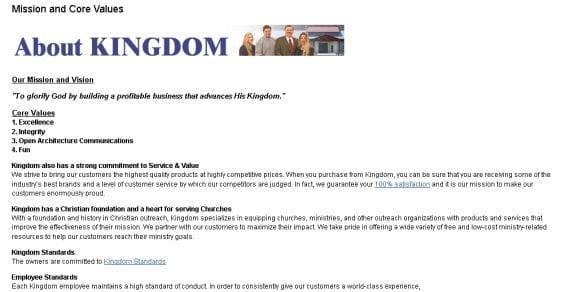For years, when I ran low on laser-printer toner, I would search online for refurbished cartridges that were reasonably priced with good reviews. That did not work well. Some units produced type that was too light. Others were smeary. And once a cartridge that was supposed to be compatible with my printer did not function at all.
I should have simply tracked which refurbished cartridges did work out and where I bought them. But with three or four months between purchases, I never organized myself to solve this minor problem.
Now I know, reliably and with no remembering on my part, exactly where to buy my next toner cartridges. Ink Technologies, which provides quality cartridges, did me the favor of pasting a large, colorful sticker with its phone number and web address on its boxes. Other companies shipped boxes with no contact information. Since I save the boxes to recycle cartridges more easily, all I have to do to place my reorder is to glance at the top of the box.

The large reminder sticker on this toner cartridge box from InkTechnologies.com is eye-catching and helpful for reorders.
Tangible Reminders
Given how much more profitable returning customers are than first-time buyers, it’s amazing how many companies put so little effort into encouraging repeat sales.
Consider imparting something visible and obvious to your customer as a memory prompt. As the Ink Technologies example shows, this doesn’t have to be elaborate or expensive. Branded magnets, pens, mouse pads, or key fobs all tend to get retained and used by recipients. They have an even greater impact because they’re perceived as an unexpected gift.
A coupon offering a discount or bonus on a customer’s next purchase can also help. If you print that coupon on the bottom of the packing slip, it wouldn’t even cost an additional piece of paper.
Digital Reminders
Follow-up emails to buyers, while helpful, have several weaknesses. First, customers who have not consented to receive marketing emails often unsubscribe. Even with a newsletter-type email that includes substantive content, customers may have no interest in reading about your topic. I would not have stayed on a list about toner cartridges, for example, however creative or informative those newsletters were. Your enthusiasm about, say, socks, face cream, tool bits, or compost bins doesn’t mean that people who buy those things want to think about them much.
A loyalty or rewards program may be more effective than marketing emails because it’s framed as a benefit for the customers. It’s less likely to come across as an effort to sell more, even though that is the purpose. Although many companies require buyers to enroll in their loyalty program, you can also simply email first-time customers that they’ve earned reward points, and explain how the system works.

Know Foods, which sells gluten-free products, invites shoppers to earn discounts for purchases, referrals, and social media shares.
—
For certain product categories, such as cosmetics or supplements, you might lock in repeat business by offering subscriptions for standing orders or even for recurring “mystery boxes.”

Allure magazine offers a monthly sampler of discounted beauty products.
Branding Reminders
Some tactics increase customer loyalty without discounts, trinkets, points programs, or special emails. For instance, most of my friends know that outdoor outfitter L.L.Bean issues refunds and exchanges even years after purchase. This policy (which has recently been restricted a bit) prompted repeat buyers, especially for items that are expected to last a long time, such as a tent, a winter jacket, or hiking shoes. I once returned to L.L.Bean an outdoor thermometer that stopped working a few years after I had received it as a gift. The company replaced it, no problem.
Another outerwear company, Patagonia, inspires customer loyalty because of its commitment to reusing, repairing, and recycling its clothing. Instead of trying to sell more, more, more, it advocates mending, trade-ins, and careful consideration of the environmental impact of the fabrics, inks, and other components of its products.
Similarly, the audio and video supply company Kingdom presumably retains customers because of its Christian orientation.

A page on Kingdom’s website explains the company’s Christian commitments.
In other words, your values, policies, and mission can prompt repeat business.
Also, it’s imperative for your company’s name to be distinctive and memorable. When I ran a naming firm, a surprising number of executives contacted me about renaming their business because customers couldn’t recall whether they’d bought from, say, Calligraphy Central or Central Calligraphy.





